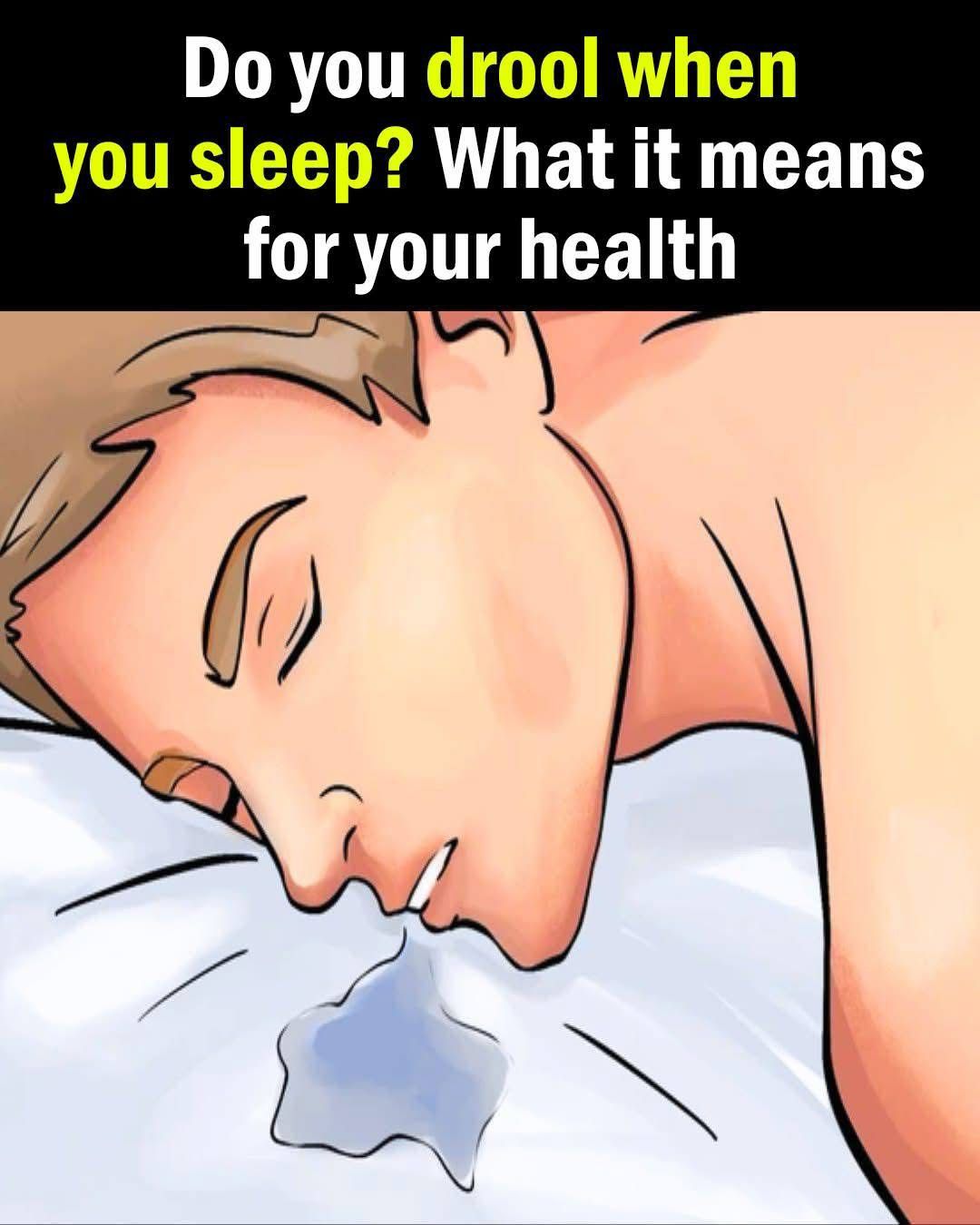Why You Might Be Drooling in Your Sleep — and What to Do About It Drooling while you sleep is usually nothing to worry about — it’s surprisingly common. That said, it can be embarrassing, especially if you nod off on a plane or at someone’s house. In some cases, drooling could also signal an underlying health issue. Here’s what might be causing it, what you can do to reduce it, and when to see a doctor.
10 Common Reasons You Drool in Your Sleep
Sleep Position
Sleeping on your side or stomach increases the chance of drooling, especially if your nose is stuffy and you breathe through your mouth.
Medication Side Effects
Certain medications, including sedatives, antipsychotics, and even NSAIDs like ibuprofen, can increase saliva production.
Nasal Congestion
Colds or allergies that block nasal passages force mouth breathing — and more drooling.
Deviated Septum
A misaligned nasal septum can obstruct airflow and lead to chronic mouth breathing and drooling.
Sleep Apnea
This condition disrupts breathing during sleep and often causes mouth breathing and excess saliva.
Dental Issues or Infections
Gum infections, cavities, or oral pain can trigger more saliva, especially if swallowing is uncomfortable.
GERD (Acid Reflux)
GERD can cause difficulty swallowing and lead to excessive drooling during sleep.
Neurological Conditions
Strokes, Parkinson’s, ALS, and other neurological conditions may reduce muscle control and affect swallowing.
Teeth Grinding (Bruxism)
Grinding or using a mouthguard can alter how your mouth closes, sometimes causing drooling.
Pregnancy
Hormonal changes and increased saliva production during pregnancy can cause nighttime drooling.
How to Stop Drooling at Night
Change Your Sleep Position
Try sleeping on your back to keep saliva inside your mouth.
Home Remedies
Biting a lemon wedge or staying hydrated may help, though results vary.
Mandibular Devices
Mouthguards or sleep aids may keep your mouth closed and reduce drooling.
CPAP Machine (for Sleep Apnea)
If sleep apnea is the cause, a CPAP machine can help improve breathing and reduce symptoms.
Botox Injections
Botox can reduce saliva production but is temporary and must be done by a licensed professional.
Surgery
Surgical removal of salivary glands is rare and usually reserved for severe neurological cases.
When to See a Doctor – If drooling becomes excessive, begins suddenly, or comes with symptoms like difficulty swallowing, jaw pain, facial weakness, or chronic heartburn, consult a doctor. It could indicate an underlying condition that requires treatment. A medical evaluation can help identify the root cause and offer targeted solutions.
